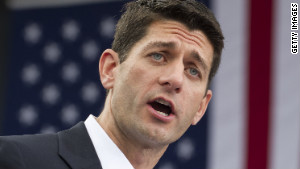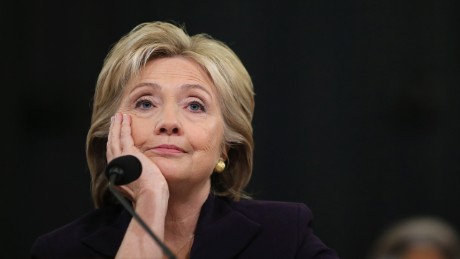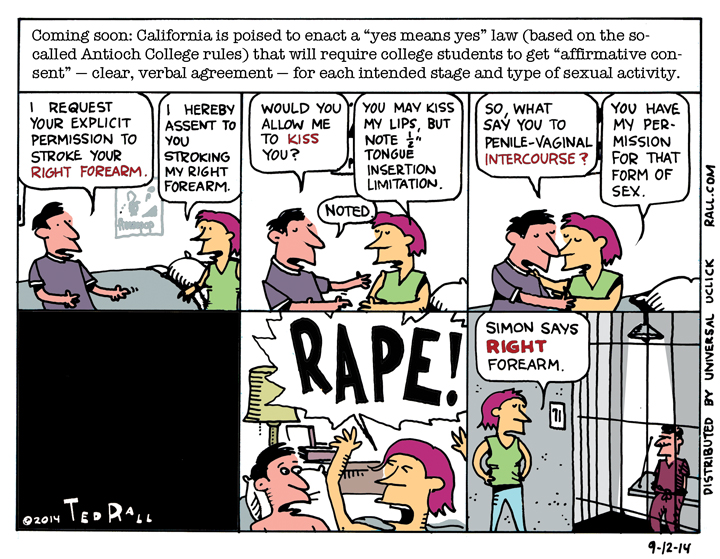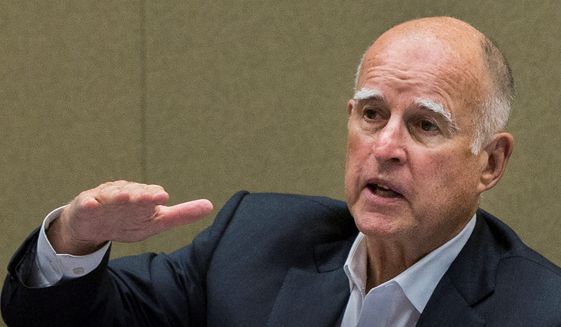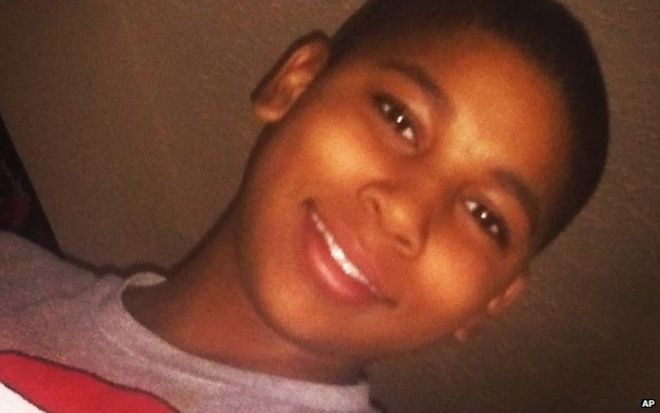On a local level, many businesses must continue to operate the extra hour, but employees are not paid for this extra time. Others say that, for some jobs like being a waiter or waitress, it is a helpful extra hour to gain tips on a busy night (Source). In addition, when it's more light out, then people are more likely to stay out and spend money. This is why many businesses support DST- more time to gain business and money.
 On the state level, fourteen state legislatures have debated bills to stop daylight saving time last year. Currently, both Arizona and Hawaii do not practice daylight saving time. Proponents of such bills argue that the time switch simply confuses the public. In addition, it can cause disconnect between different states and time zones. Most of the time, these bills are shut down by state chambers of commerce, as businesses are often helped by DST.
On the state level, fourteen state legislatures have debated bills to stop daylight saving time last year. Currently, both Arizona and Hawaii do not practice daylight saving time. Proponents of such bills argue that the time switch simply confuses the public. In addition, it can cause disconnect between different states and time zones. Most of the time, these bills are shut down by state chambers of commerce, as businesses are often helped by DST.
People who argue for the continuation of daylight saving time, besides businesses, argue that DST reduces crime rates, since when it's light out, people are less likely to commit crimes. Other claimed social benefits are that, when adults spend more time awake when it is light out, people are generally happier, and there are fewer car accidents. All of these contribute to economic benefits as well, since less state money is spent with lower crime rates.
Daylight saving time was signed into federal law by Woodrow Wilson during WWI, in order to save fuel by reducing energy usage as it is light out for later under DST. However, the idea was unpopular and Congress abolished it and even managed to override Wilson's veto. DST was reintroduced during WWII and generally remained afterward as a state option.
Is daylight saving too much of a hassle? Do you think the benefits of daylight saving time outweigh the costs? Or vice versa? Is the continuation of DST mostly due to support from businesses?
Should implementing daylight saving time continue to be a state level decision, or should it be required under federal law to maintain consistency between states?
Don't forget to turn back your clocks tomorrow, and Happy Halloween!
Sources: National Geographic

